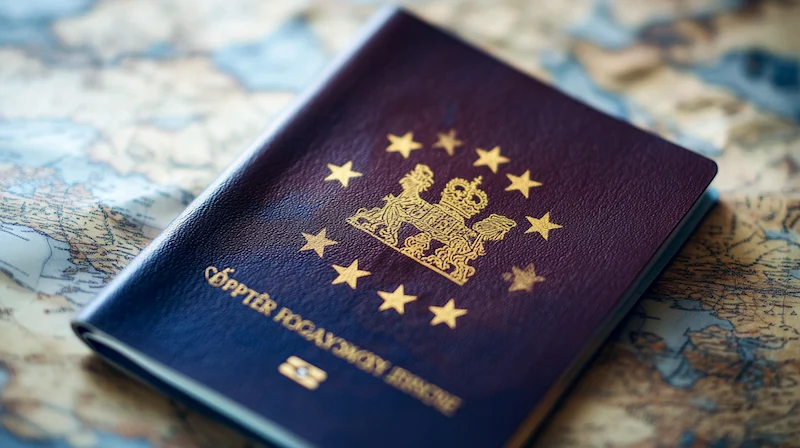In an increasingly globalized world, the ability to hold dual citizenship can offer significant advantages. For individuals with Polish ancestry, acquiring a Polish passport by descent is a viable pathway to obtaining European Union citizenship. This process not only reconnects individuals with their heritage but also opens doors to numerous benefits associated with EU membership. This article delves into the criteria for acquiring Polish citizenship through ancestry, the procedural steps involved, and the myriad benefits that come with holding a Polish passport.
Criteria for Acquiring Polish Citizenship Through Ancestry
To qualify for Polish citizenship by descent, one must demonstrate a direct lineage to Polish ancestors. The primary criterion is proving that at least one parent, grandparent, or great-grandparent was a Polish citizen. This lineage must be documented through official records such as birth certificates, marriage certificates, and other legal documents that establish the familial connection to Poland.
Polish citizenship laws are based on the principle of jus sanguinis, or “right of blood,” meaning citizenship is passed down through the bloodline. However, the process can be complex due to historical changes in Poland’s borders and citizenship laws. For instance, individuals whose ancestors left Poland before 1920 may face additional challenges, as Poland’s modern citizenship laws were established after this period.
It is also essential to ensure that the ancestor in question did not renounce their Polish citizenship or acquire citizenship of another country before 1951, as this could affect eligibility. Given the intricacies involved, many applicants seek professional assistance to navigate the legal requirements and gather the necessary documentation.
The Process of Acquiring Polish Citizenship by Descent
The process of obtaining Polish citizenship by descent involves several steps, beginning with the collection of documentation to prove Polish ancestry. Applicants must gather birth, marriage, and death certificates of their Polish ancestors, as well as any documents that demonstrate the ancestor’s Polish citizenship status.
Once the documentation is compiled, the next step is to submit an application to the Polish consulate or embassy in the applicant’s country of residence. The application must include a detailed family tree, copies of all relevant documents, and a formal request for citizenship confirmation.
After submission, the application is reviewed by the Polish authorities, a process that can take several months to over a year, depending on the complexity of the case and the workload of the consulate. During this time, applicants may be required to provide additional information or clarification on their documentation.
Upon approval, applicants receive a confirmation of Polish citizenship, which allows them to apply for a Polish passport. This passport grants them the rights and privileges of Polish citizens, including the ability to live, work, and study in Poland and other EU countries.
For those seeking guidance through this process, professional services such as https://www.lexmotion.eu/ offer expertise in navigating the legal and bureaucratic requirements, ensuring a smoother path to citizenship.
Benefits of Holding a Polish Passport
Acquiring a Polish passport by descent offers numerous benefits, primarily stemming from Poland’s membership in the European Union. One of the most significant advantages is the freedom of movement within the EU. Polish passport holders can live, work, and study in any of the 27 EU member states without the need for additional visas or permits.
This freedom extends to travel, as Polish citizens enjoy visa-free or visa-on-arrival access to over 180 countries worldwide, making international travel more accessible and convenient. Additionally, holding an EU passport can provide access to high-quality education and healthcare systems across Europe.
From an economic perspective, a Polish passport opens doors to the European market, allowing individuals to engage in business and investment opportunities across the continent. This can be particularly advantageous for entrepreneurs and professionals seeking to expand their careers or businesses within the EU.
Moreover, Polish citizenship provides a sense of security and stability, offering a legal and cultural connection to Europe. For many, it is also a way to honor their heritage and maintain a tangible link to their family’s history.
In conclusion, obtaining a Polish passport by descent is a valuable opportunity for those with Polish ancestry. It requires careful documentation and adherence to legal procedures, but the benefits of EU citizenship make it a worthwhile endeavor for many individuals seeking to enhance their global mobility and opportunities.
Want to explore something different? The Timeline of a Typical Patent Filing Process

